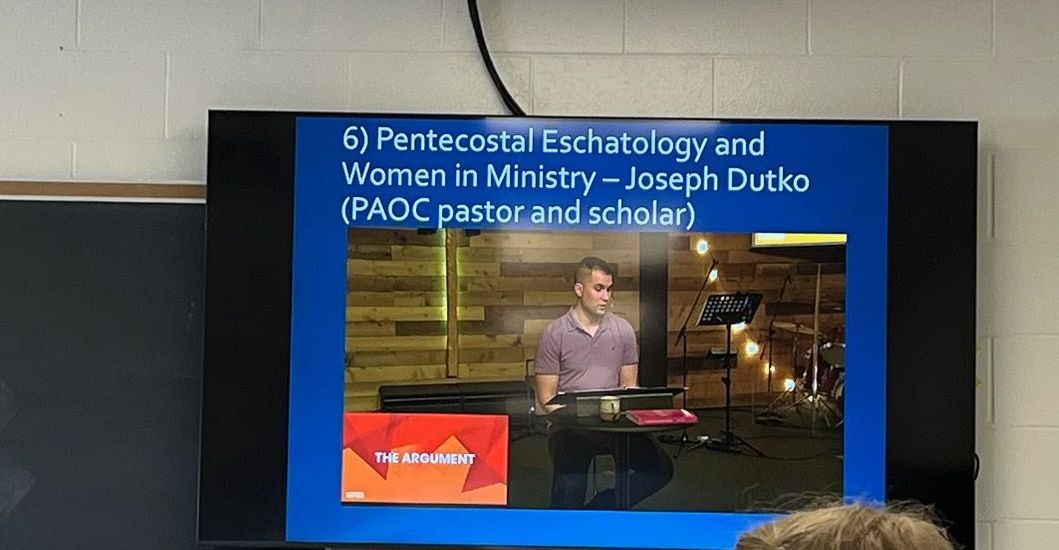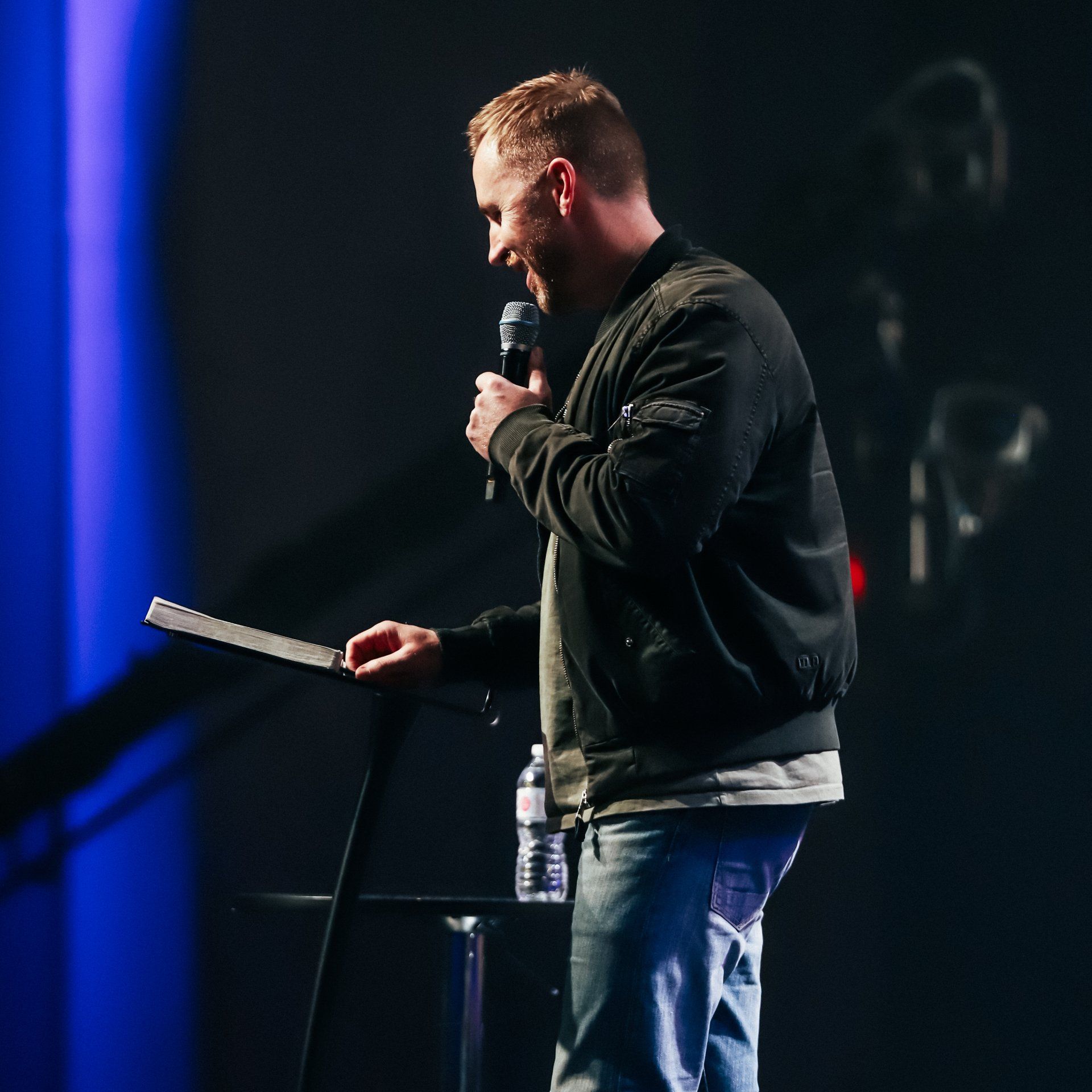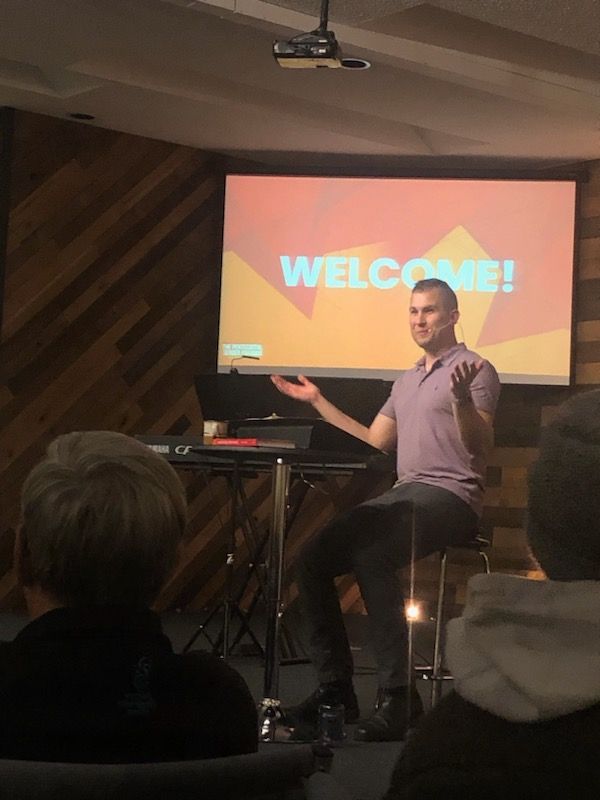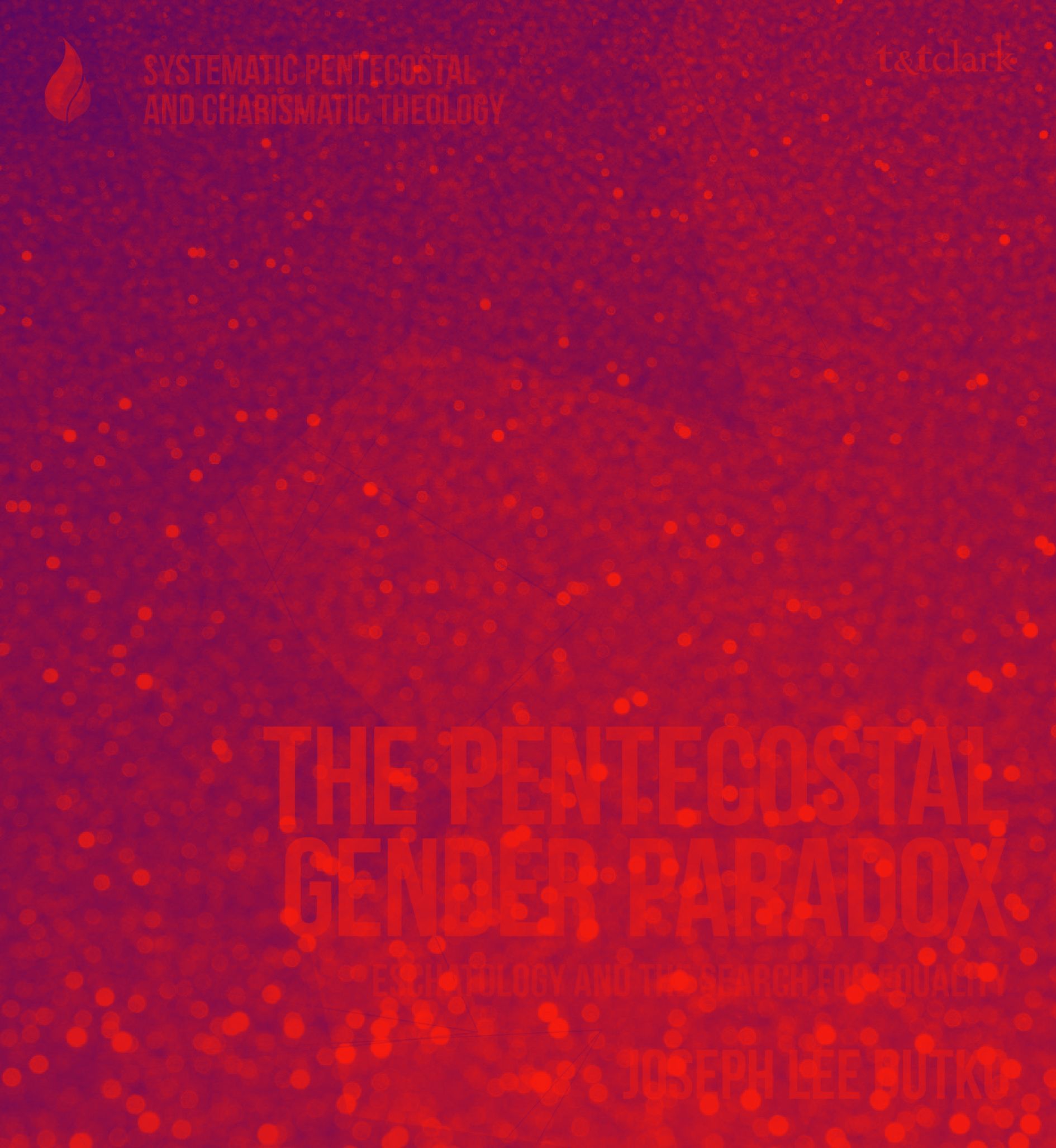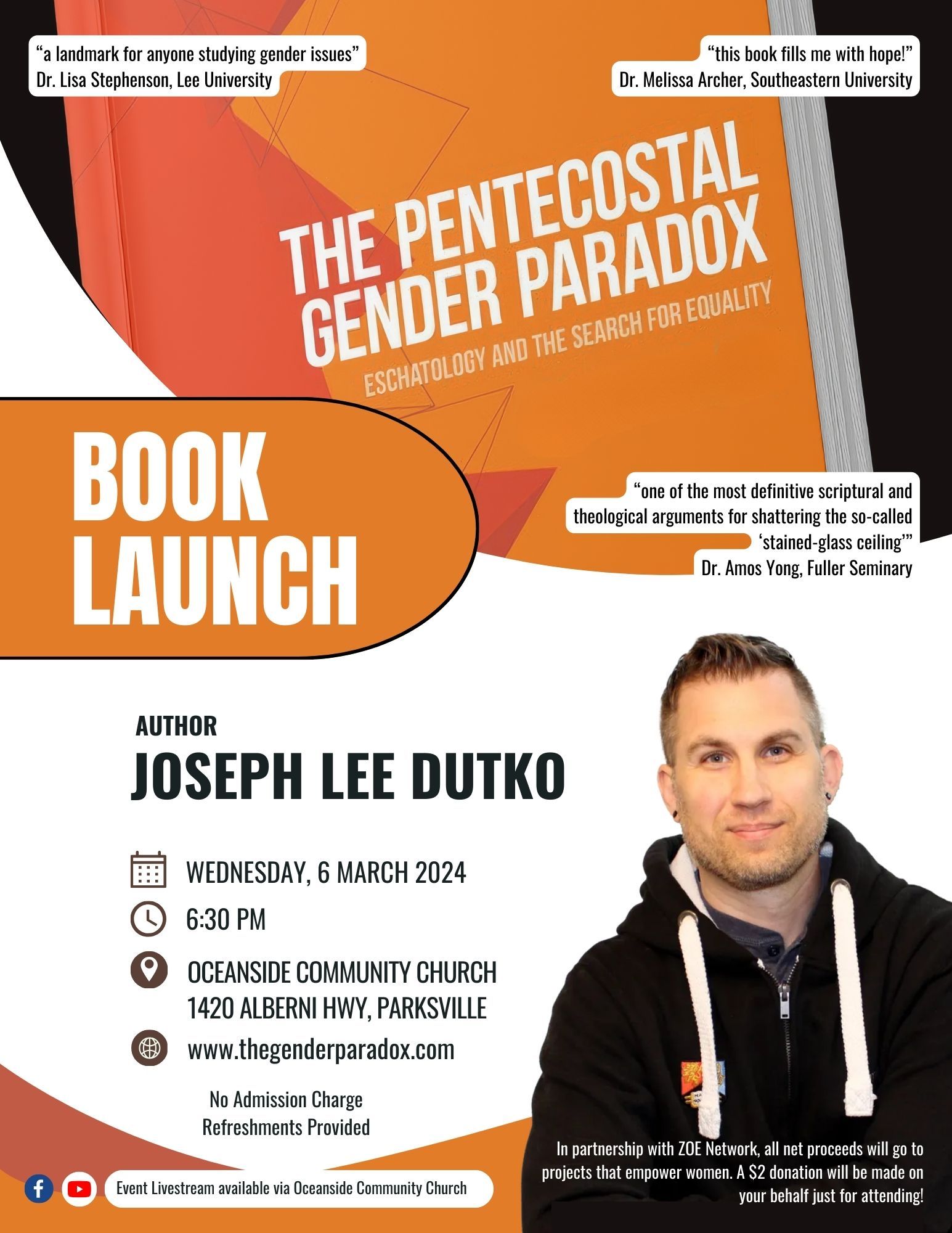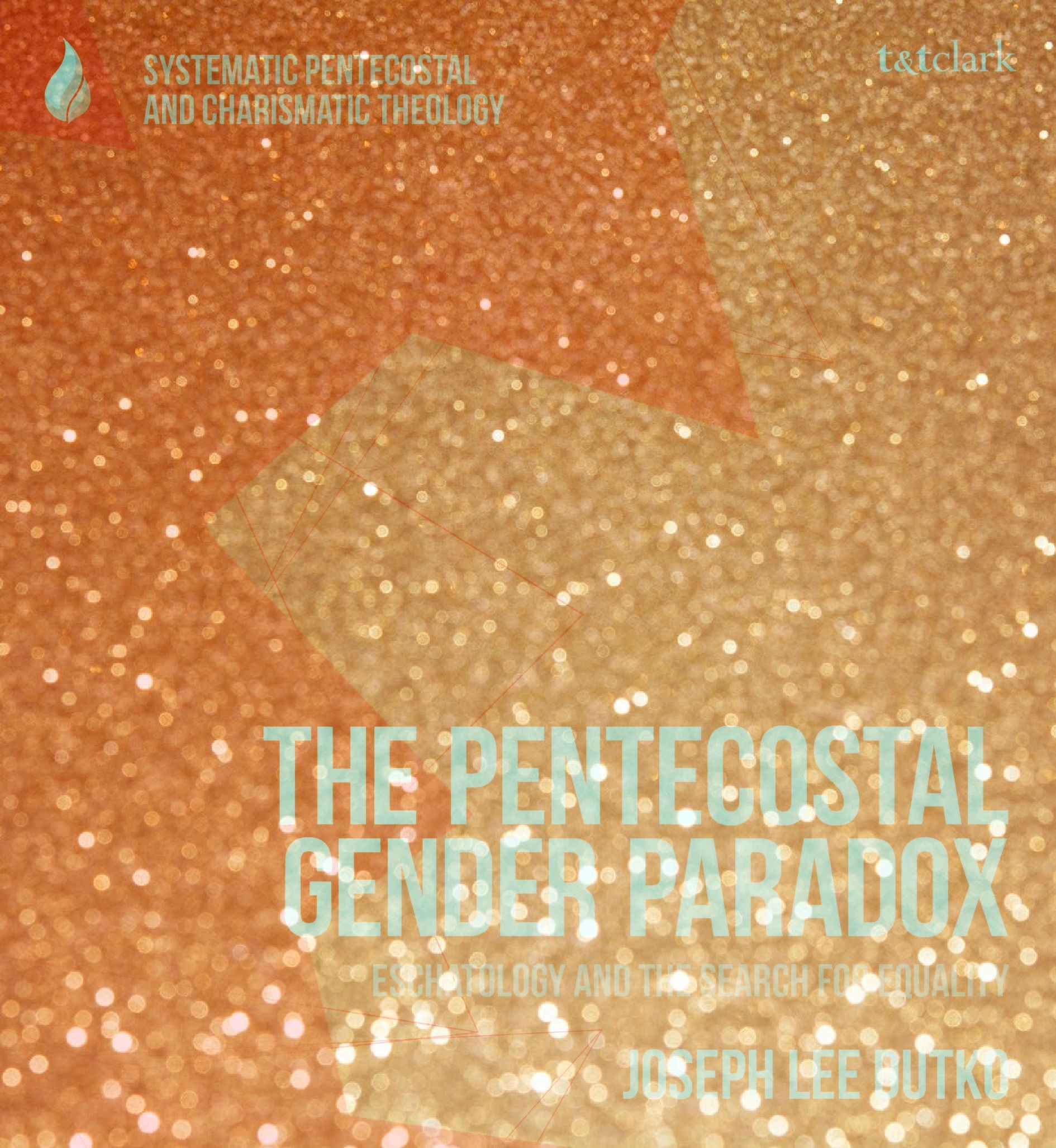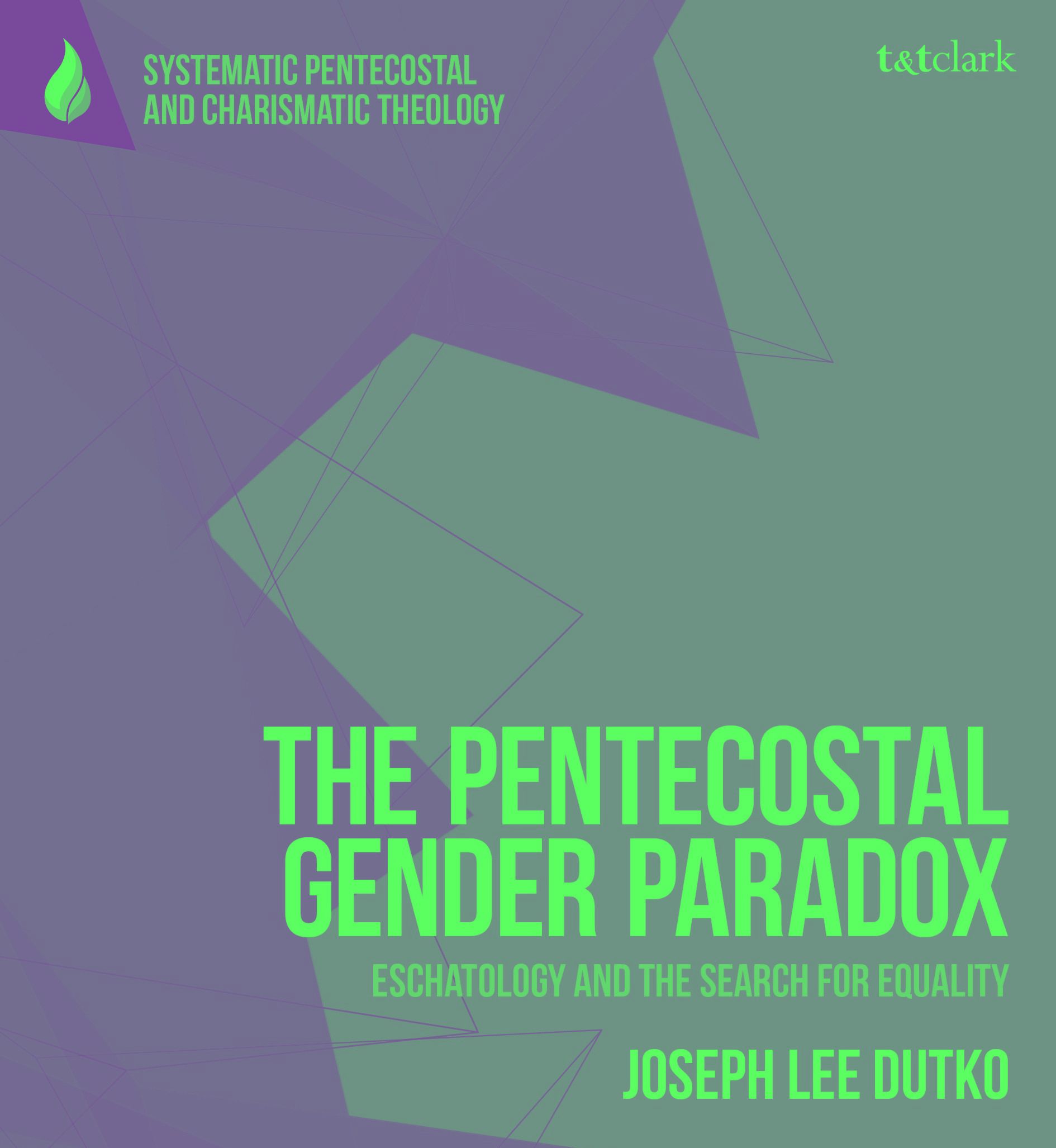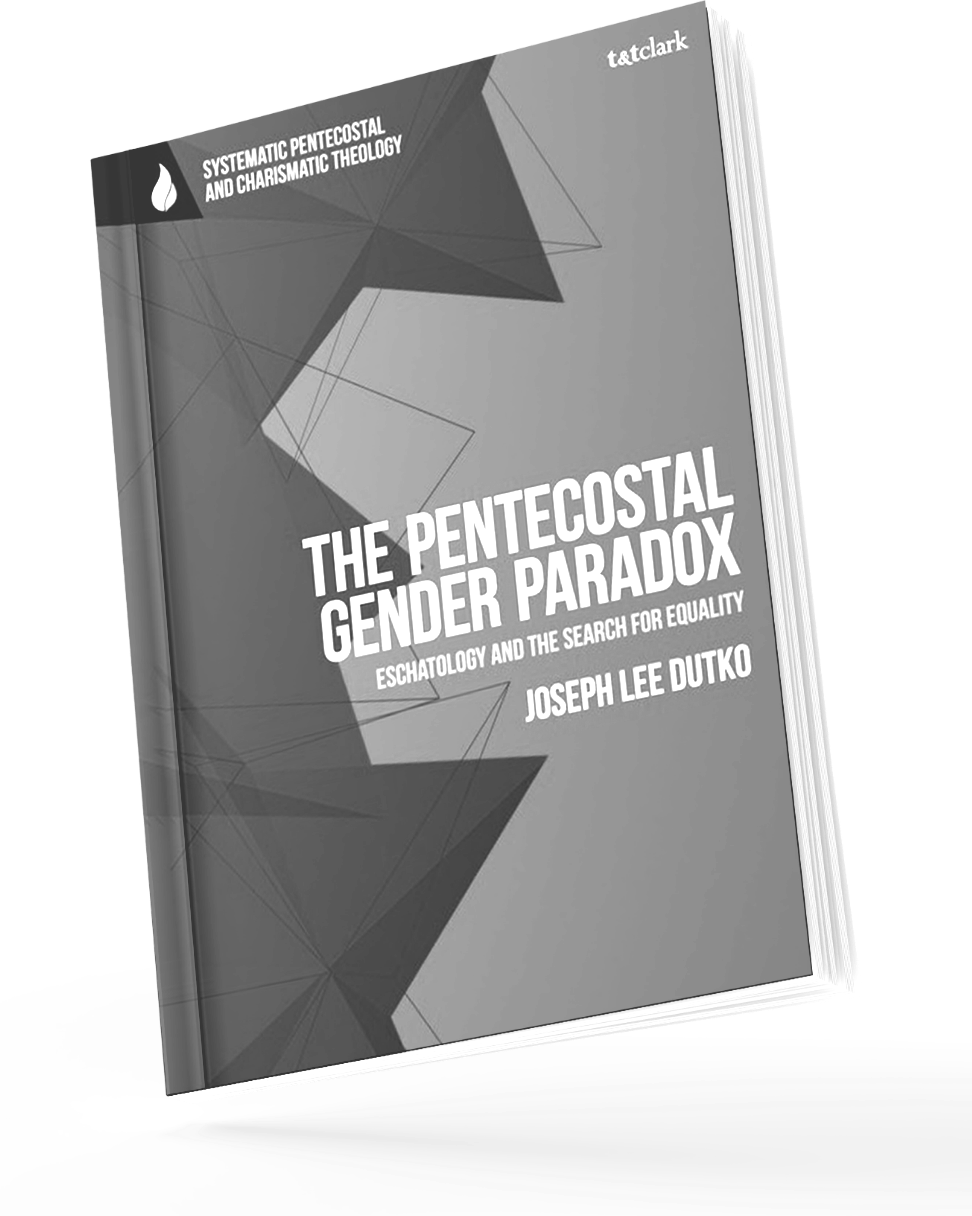Excerpt from Ch. 6: "Participating in the Eschaton"
An Excerpt from Chapter 6
Over the last few weeks I've been releasing short excerpts from each chapter of The Pentecostal Gender Paradox to give you a feel for the work. And this is the last one!
Remember you can read the entire Introduction here.
Want to purchase? Info and discounts HERE.
Excerpt from Chapter 6:
"Participating in the Eschaton:
Toward a Pentecostal Eschatological-Egalitarian Praxis"
Note: footnotes not included in excerpt
Pages 227-229:
From section 6.3 "Corporate Worship: Participating in Eschatological-Egalitarian Realities"
The primary context for Pentecostal formation and doctrinal reflection is worship, and positioning worship as eschatological formation is the starting point for reimagining gender praxis in the church. The day of Pentecost in Acts 2 provides the template for eschatological pre-enactment praxis in worship. Awakening the eschatological imagination—that we are in the “last days” (v. 17)—leads to a call to eschatological participation in practices that mark the last days, which includes equal voice and participation for “both men and women” (v. 18). Therefore, where the Spirit is being “poured out” (vv. 17, 18) in the context of the gathered worshipping church (v. 1), people are being eschatologically formed and transformed into the embodiment of the future new humanity. Discovering this future in the present is a communal activity in which the freedom is given to experience and then declare that “this is that” (v. 16) toward which the church is moving. In this way, the acts and activities of the church, and specifically egalitarian acts, become “prophetic signs” and “pointers” to the coming kingdom of God.
These prophetic actions often contradict the past as well as the present in favor of anticipatory practices that are a “reminder of God’s future” as the church becomes an eschatological symbol of the new creation. The seduction of
returning to the “old age” for those who have entered into the new eschatological life of the Spirit is a common New Testament theme and one relevant to discerning worship practices. Instead of thinking from the perspective of a previous time and attempting to re-enact those practices, Pentecostal worship fueled by the eschatological imagination thinks from the perspective of the end of time for practices in the present time. As Warrington observes, there has not been enough awareness in Pentecostalism of how the Spirit may desire to transform our world by bringing eschatological issues to reality prior to the eschaton. It is in worship that Pentecostal churches receive the foretaste of what is to come and imaginatively participate in the realities of the New Jerusalem, including the equality of the sexes. Worship is where believers are formed; it “rehumanizes us” and becomes an apprenticeship for the final day and a space where “the boundary between the present and future is breached.”
For early Pentecostals, each worship service was a “rehearsal and anticipation” of the kingdom to come. As Castelo argues, seeing themselves as the eschatological people of God has carried both potential and peril for Pentecostals. Early Pentecostals saw themselves as starting “anew” as the church and looked for evidence of this newness in the eschatological markers of the lame walking, the blind seeing, and daughters prophesying. However, seeing themselves as a (forward) “movement” rather than a “church” caused them to not reflect ecclesiologically on their practices.
As Pentecostal praxis became slowly detached from the eschatological imagination and its egalitarian impulses, patriarchal forms of worship and liturgy began to dominate and still do.
Vondey calls this the “doxological divide,” where “although women are allowed to speak, shout, testify, sing, preach, pray, and prophesy, their voices are not always heard” as men still hold all the positions of power and influence (reflected by the word “allowed”), which shapes the way worship is conducted.
The way most churches use liturgical language, tell stories, and perform sacramental acts in worship is “heavily colored by the male experience.” These practices within the worship service must be corrected and eschatologically reimagined in order to find congruence with the eschatological–egalitarian vision of the biblical text. Smith argues that worship shapes us primarily through the “intertwining of embodiment, imagination, and story.” We are transformed, he suggests, through narrative, imagination, and ritual, which form the foundation for our liturgical practices. Any account of worship formation must attend to these three areas, and in particular to the imagination. Therefore, the following sections suggest how eschatological convictions may correct and construct gender praxis in these three areas in the way we eschatologically imagine God through the language of worship, tell God’s story in a way that is gender-inclusive, and eschatologically embody God’s presence through sacramental activities.
NEWSLETTER SIGNUP (blog post layout)
Thanks for signing up!
Please try again later.
ABOUT JOSEPH
Pastor, Author, and sometimes pretends to be a scholar
Joseph (PhD, University of Birmingham) is the author of The Pentecostal Gender Paradox: Eschatology and the Search for Equality.
Since 2015, he and his wife have together pastored Oceanside Community Church on Vancouver Island, where they live with their four children.

